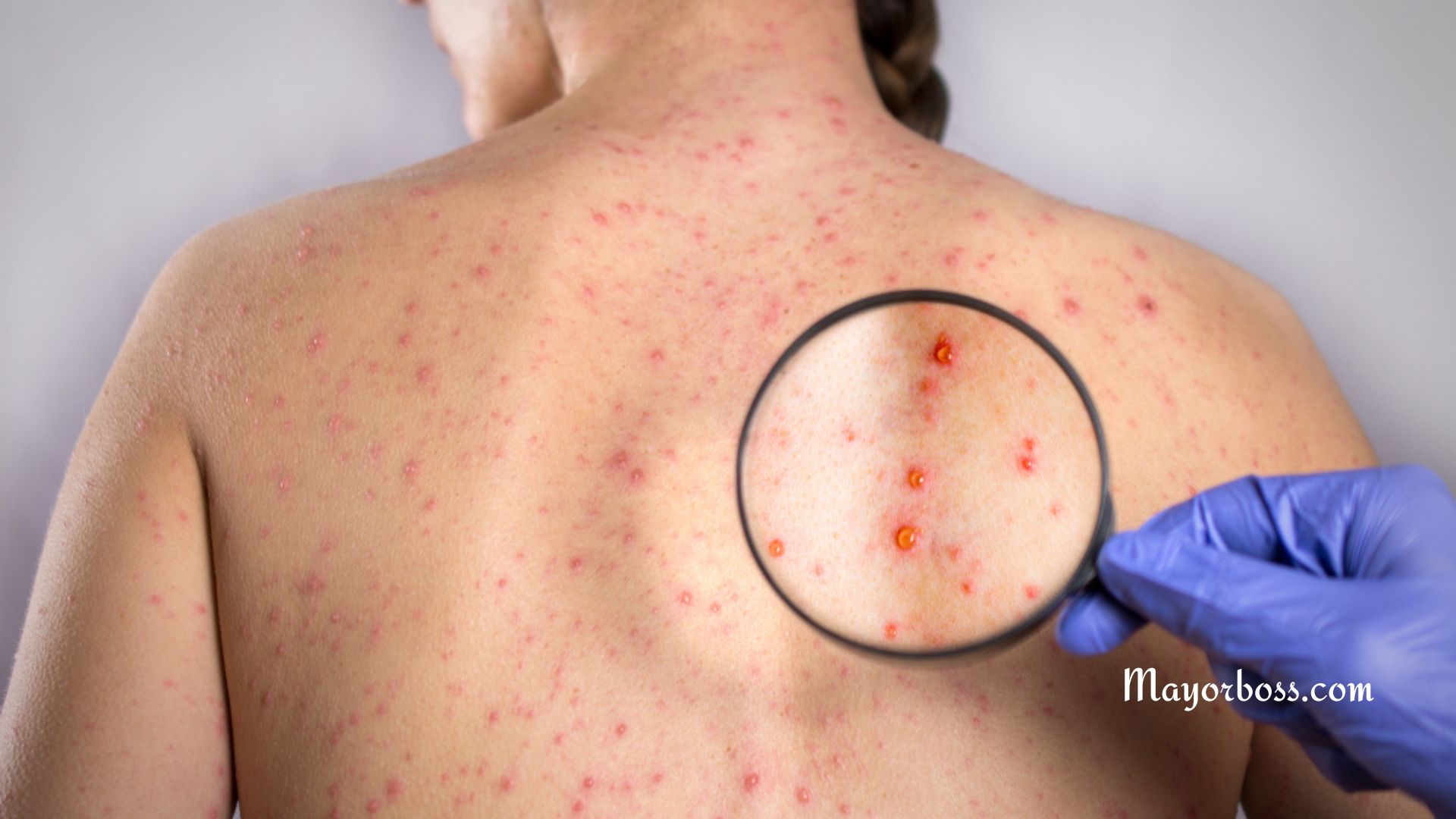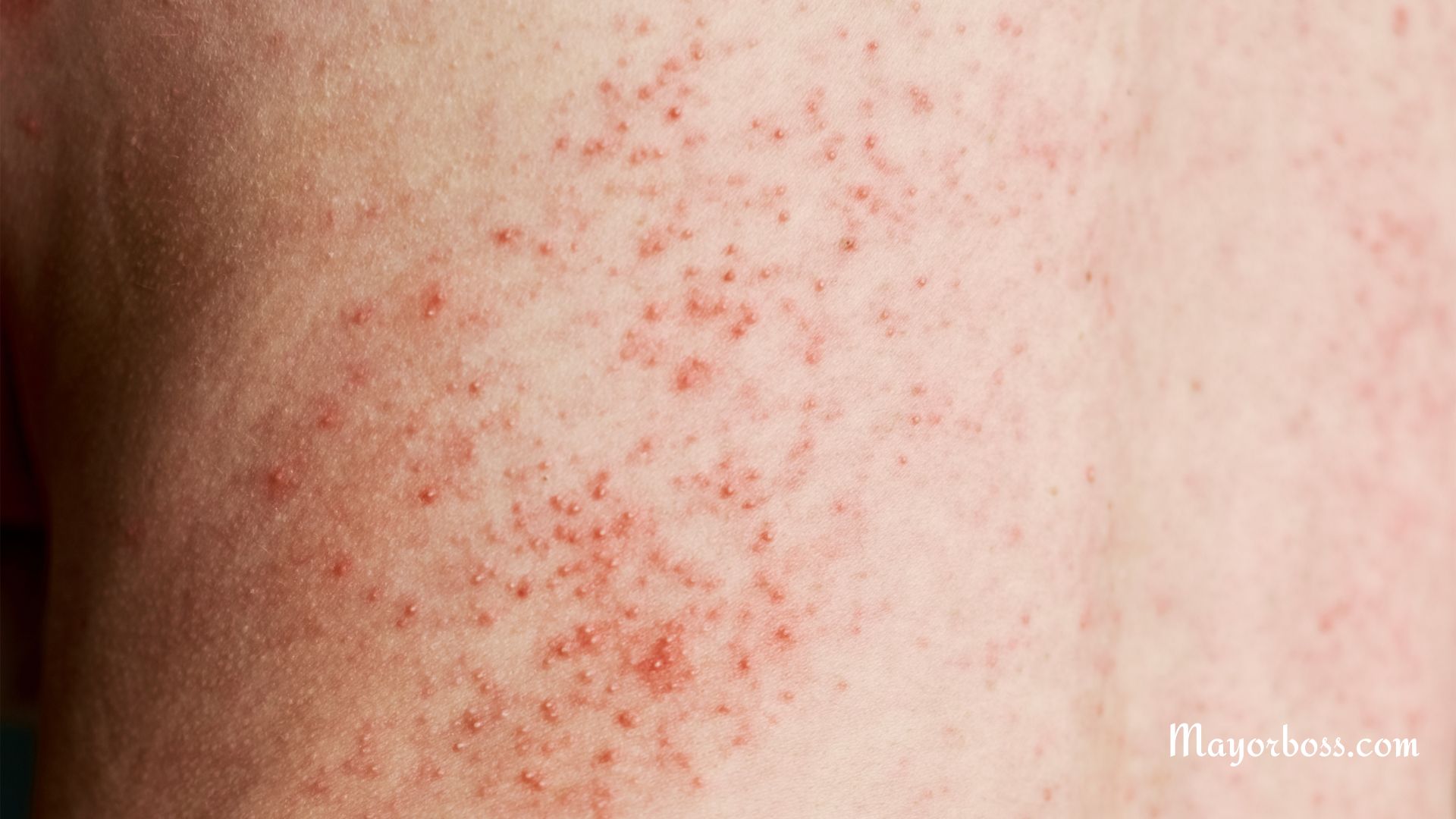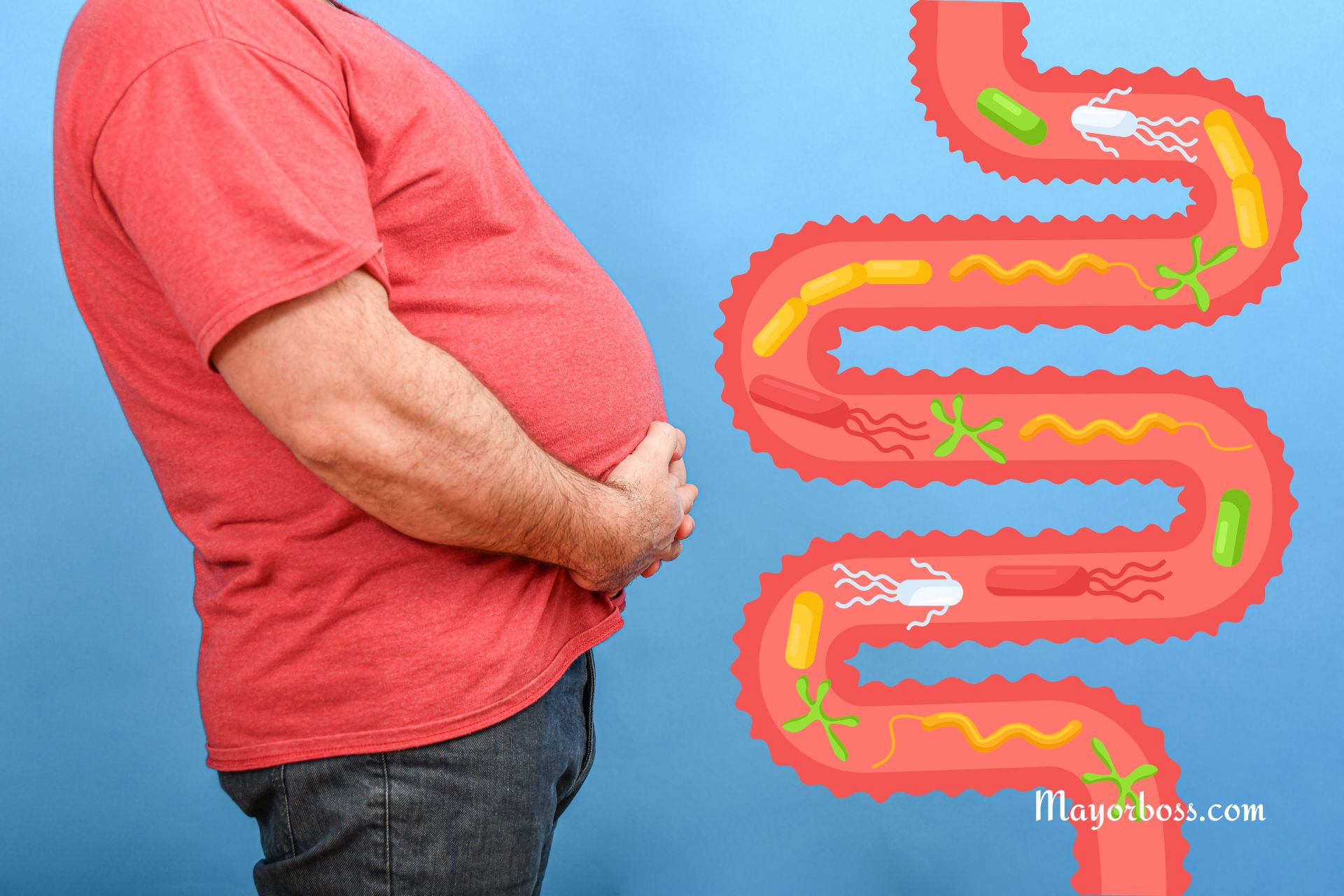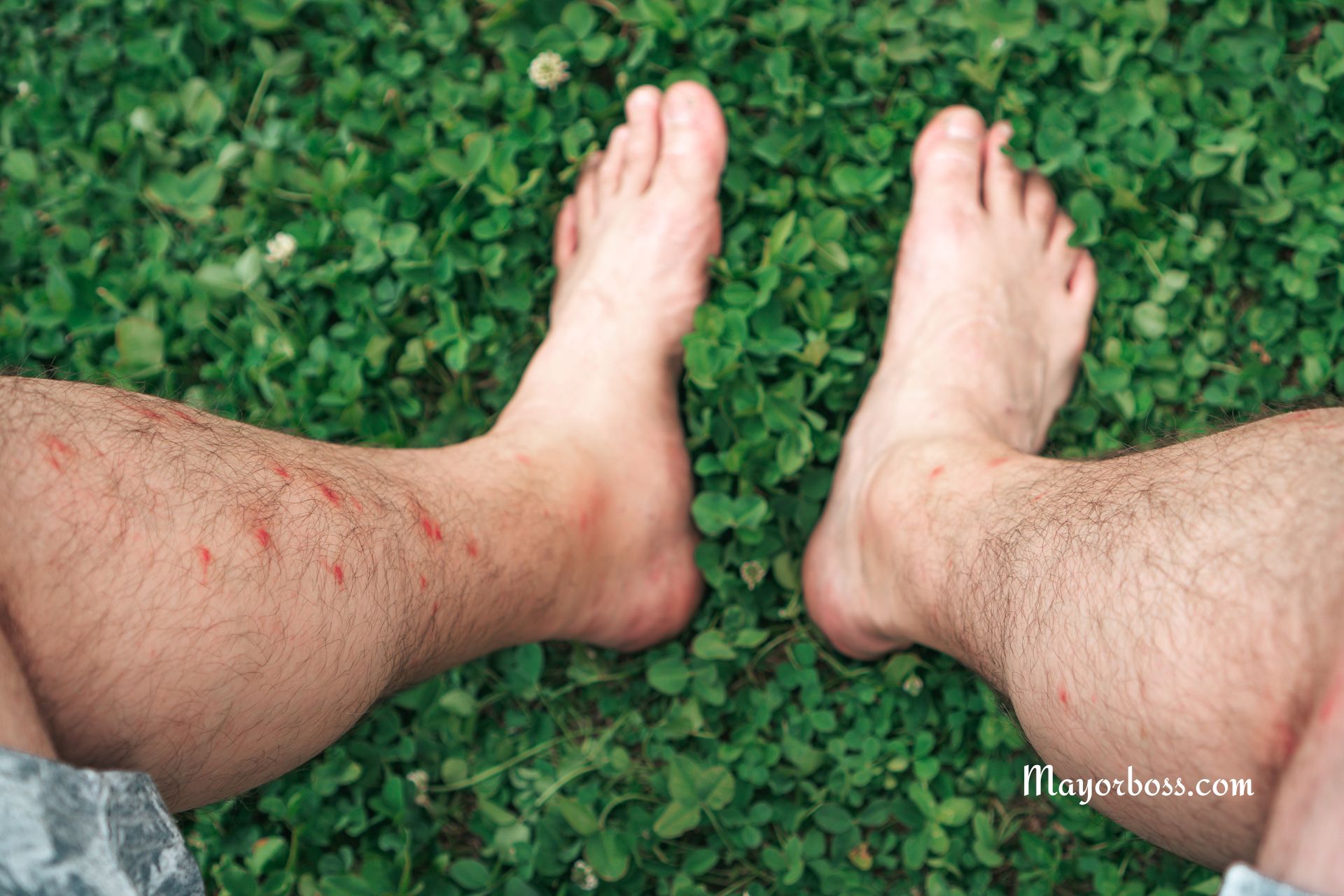Can You Get Mono Twice?
When it comes to infectious diseases, a common query revolves around mono or mononucleosis. Often dubbed the ‘kissing disease,’ mono has quite the reputation. A prime concern often centers on whether one can contract this illness twice. Today, we’ll address this query with the help of family physician Dr. Natalia Hapych.

How Do You Get Mono?
You may be familiar with mononucleosis as the ‘kissing disease,’ given its mode of transmission. The Epstein-Barr virus (EBV), which primarily spreads through saliva, is the main culprit behind mono. However, the transfer isn’t limited to kissing; it can also occur by sharing drinks, eating utensils, or even through a cough or sneeze.
Small amounts of the virus can persist in your saliva for months after you’ve been infected, potentially spreading to others even when symptoms aren’t present. When the virus initially invades your body, you might not experience symptoms immediately. The incubation period – the time from infection to the appearance of symptoms – can last from four to six weeks.
How Mono Affects Your Body
According to Dr. Hapych, “The virus initially attacks your lymphocytes – a type of white blood cell that plays a vital role in your immune system. From there, it can spread to the throat, heart, liver, and even the central nervous system.”
Mono symptoms include fatigue, fever, inflamed throat, swollen lymph nodes, swollen tonsils, and even a rash. People with mono can also experience a swollen liver or spleen, leading to a sensation of fullness or discomfort on the left side of the abdomen under the ribs.
Can You Get Mono Twice?
To answer the burning question – yes, it’s technically possible, but it’s not the norm. Dr. Hapych explains, “Once you’ve had mono, your body builds up immunity to the virus. This makes a second infection unlikely.”
However, as with any virus, exceptions exist. “In some cases, your immune response might not be strong enough to prevent a second bout of the illness,” Dr. Hapych adds. Also, it’s essential to remember that feeling tired and weak may continue for a while after the infection clears. This does not necessarily mean you’ve been reinfected; it’s just your body’s process of recovery.
Moreover, the Epstein-Barr virus can reactivate, meaning it can make more copies of itself. However, reactivation typically doesn’t lead to symptoms or illness unless the person’s immune system is significantly compromised.
Treating Mono
There’s no specific therapy or vaccine for mono. The primary goal is to relieve symptoms while the immune system combats the virus. “Rest and proper hydration are the most effective treatments,” advises Dr. Hapych.
Additionally, over-the-counter pain relievers can help manage fever and pain. And while it might be tempting to take antibiotics, they aren’t effective against viral infections like mono. In fact, some people with mono who take antibiotics can develop a rash.
Tips to Prevent Mono
Here are some preventive measures to help keep the virus at bay:
- Avoid sharing personal items: Since mono can spread through saliva, avoid sharing drinks, food, utensils, or toothbrushes with anyone, especially if they have mono or recently had it.
- Maintain good hygiene: Regular hand washing can prevent the spread of many diseases, including mono.
- Take care of your immune system: A strong immune system can better fend off infections. Maintain a balanced diet, get regular exercise, and ensure you’re getting enough sleep.
When to See a Healthcare Provider
Dr. Hapych recommends seeing a healthcare provider if symptoms suggestive of mono persist. “Mono symptoms can resemble those of other illnesses, so it’s essential to get a proper diagnosis. Additionally, mono can cause complications like a ruptured spleen, so if symptoms like severe abdominal pain occur, seek medical attention immediately.”
Also, if you’ve had mono and your symptoms return, it’s best to consult your provider to rule out a second infection or any other underlying conditions.
Further Reading: Warning Signs You Could Have Mono






